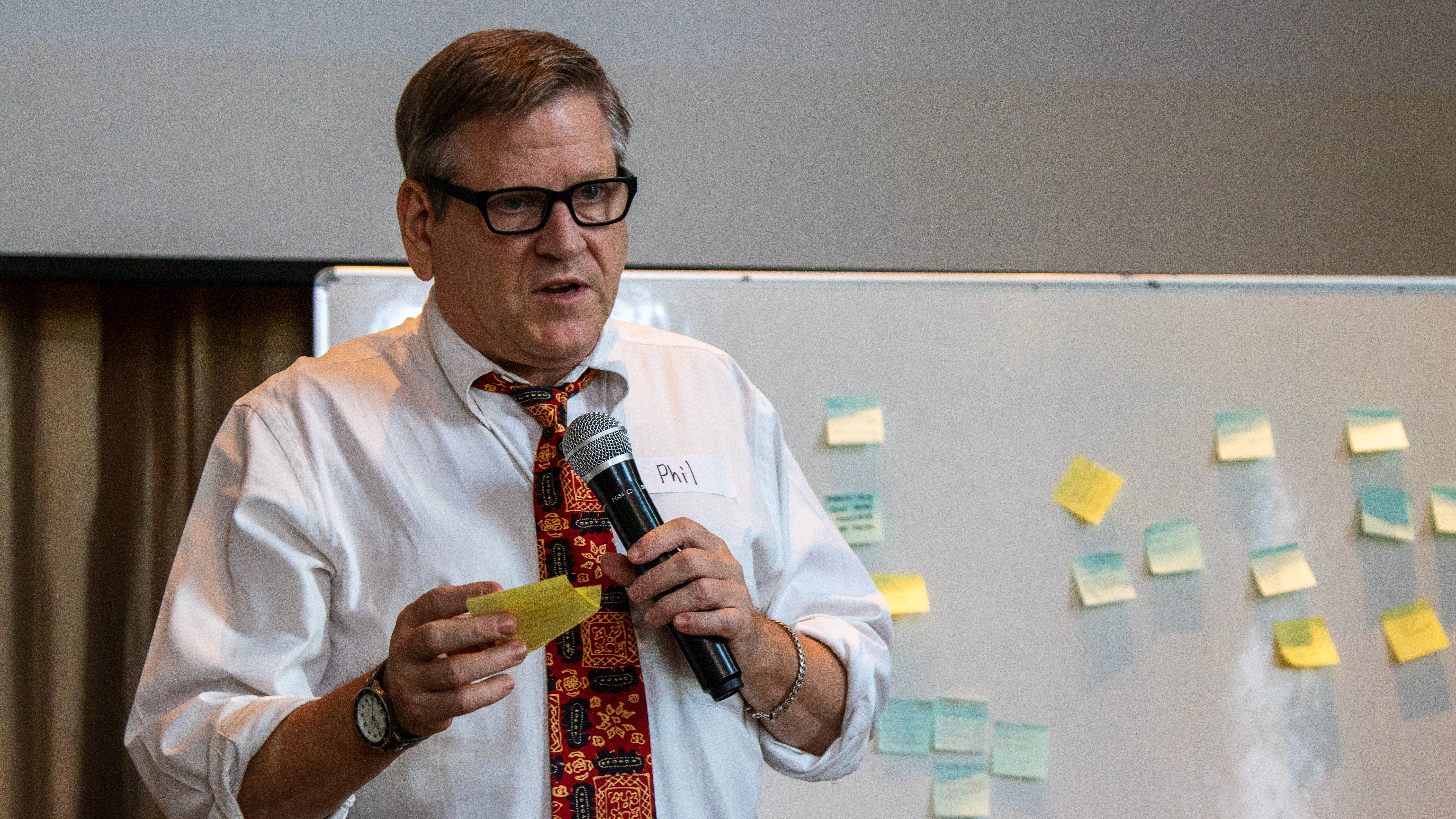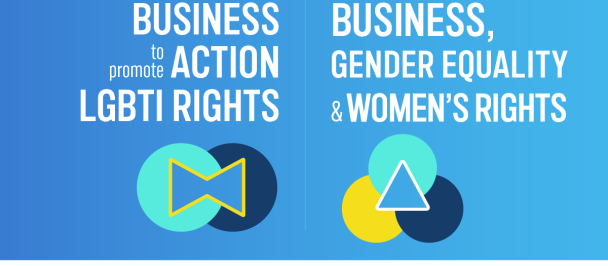Business and Human Rights Lab: Testing Assumptions
November 6, 2019
Phil Robertson, Deputy Director, Asia Division, Human Rights Watch
UNDP Business and Human Rights Unit hosted the third B+HR Lab on October 31st, 2019 in Bangkok, Thailand. The theme of the event was Testing Assumptions.
About 40 partners took part in the event, including representatives from UN agencies, donors and civil society organizations. Since 2017, UNDP meets annually with partners invested in the business and human rights agenda to discuss priority topic areas and related challenges. These meetings have been organized in a Lab-inspired format to provide a platform for all organizations to discuss, share knowledge and identify areas of collaboration.
At this third B+HR Lab, participants engaged in conversations with media experts, experienced human rights advocates and business consultants to test assumptions about progress on business and human rights, uncover gaps in knowledge, and clarify trends. The experts included Phil Robertson (Human Rights Watch), Elaine Kurtenbach (The Associated Press), Nanticha Lynn Ocharoenchai (Climate Strike Thailand), Alex Capri (National University of Singapore), Dr. Usha Ramanathan (Legal Researcher and Analyst), and Nick Wood (FTI Consulting).
The agenda of the day was divided into three parts. Part one, Baselines, provided perspectives on the political dynamics in the region related to business and human rights. While providing a baseline understanding, experts outlined trends to watch for in the coming years, such as the need for protecting human rights defenders. Part two, Catalysts, included a discussion on what motivates governments and businesses to change their policies, operations, and attitudes, and how that connects to our current approaches to work. This was followed by a co-creation activity where participants came up with possible advocacy projects addressing climate change. Part three, Analysis, focused on recommendations for the future work on the business and human rights in the region, especially in lieu of the upcoming Regional Business and Human Rights Forums, to happen in 2020.
The lively discussions and concepts produced indicate the enormous potential for partnerships and knowledge-sharing. From women’s and children’s rights to the environment, rights of migrant workers and decent work for all, there are many areas where we can collectively move the needle on business and human rights.
***
Download an extended event summary | View full event gallery on Flickr

 Locations
Locations
